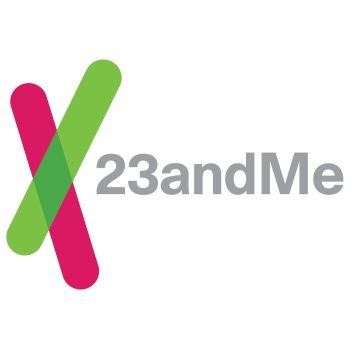
On March 8th, the FDA convened a two-day advisory panel meeting to discuss questions related to direct-to-consumer genetic tests. The questions focused on the benefits and risks of providing consumers with direct access to these tests, potential strategies for communication and education to mitigate any risks, and regulatory standards for ensuring that the tests are accurate and reliable. As one of the leading companies in this area, we felt it was important to outline our perspectives and broad requests on these topics, and were pleased to see many other companies from the industry join us in expressing similar views. Updated meeting materials are now available on the FDA website, and both presentations that 23andMe gave at this meeting are available here.
In the several years since the direct-to-consumer genetic testing industry made its debut, it has seen all manner of reaction. Many are fascinated by our newfound ability to peek into our genomes, to add another source of data to the ones we already collect, and to leverage it to know more about our connections to the world, whether that be literally through known and predicted relatives or through the relationship between genetics and our health and traits. Others may not be interested or may not want to know what their genetics might tell them. But some feel that all genetic tests and/or their interpretations should be available only through a physician.
For our part, 23andMe was founded on the belief that individuals have a right to access their own genetic information, and this conviction is still as firmly held as ever.
While the debate is clearly no longer academic — many more people are aware of and using these tests and the FDA is taking an active role in learning about and devising guidelines for this industry as a result — it is clear that challenges remain. Some observers fear that the panel’s recommendations will severely curtail direct access to genetic testing, but we agree with Dan Vorhaus of Genomics Law Report that the FDA will take a reasoned approach to integrating the feedback it received from its panel with other information pertinent to the issue.
The advisory panel meeting was in many ways a microcosm of the ongoing debate, with one exception. Although the panel had an individual representing the consumer and the patient, the panel did not have the opportunity to hear directly from consumers and others who have first-hand experience with the information provided by direct-access genetic testing services.
Fortunately, there are many channels through which you can make your voices heard. The FDA has reopened the public docket on this topic for the submission of additional comments (until May 2, 2011) and we strongly encourage those of you with an opinion or perspective on the questions posed by the FDA regarding DTC genetic tests to send in a comment. Regardless of the content of those comments, we believe that a larger number and a wider variety of comments will be beneficial for helping the FDA to guide its regulatory policies in this area.
- Electronic comments can be submitted at http://www.regulations.gov/, referencing docket ID FDA-2011-N-0066.
- Written comments, referencing docket ID FDA-2011-N-0066 in the header, can be sent to:
Division of Dockets Management (HFA-305)
Food and Drug Administration
5630 Fishers Lane, Rm 1061
Rockville, MD 20852
You can also post comments to the FDA Facebook page, or attend one of several FDA (Center for Devices and Radiological Health, or CDRH) town hall meetings. The next town hall meeting will be held in May in Orlando, FL, and there is also one planned for San Francisco at a place and time to be announced.
Finally, it may be helpful to make your congressional representatives aware of your views on this issue. You may contact members of the House Committee on Energy and Commerce, or find contact information online for your own House representative or Senator.



